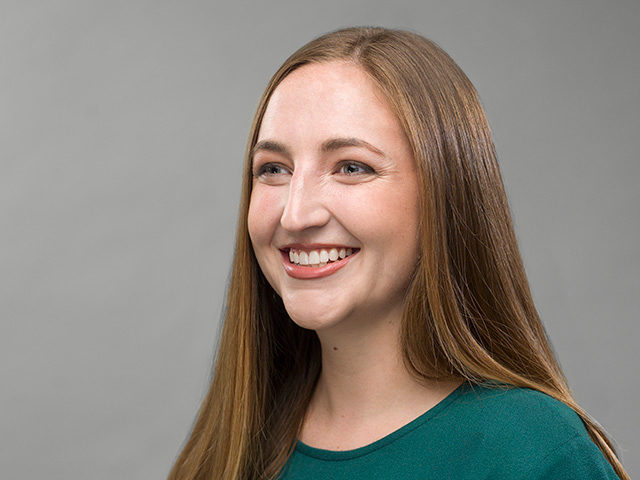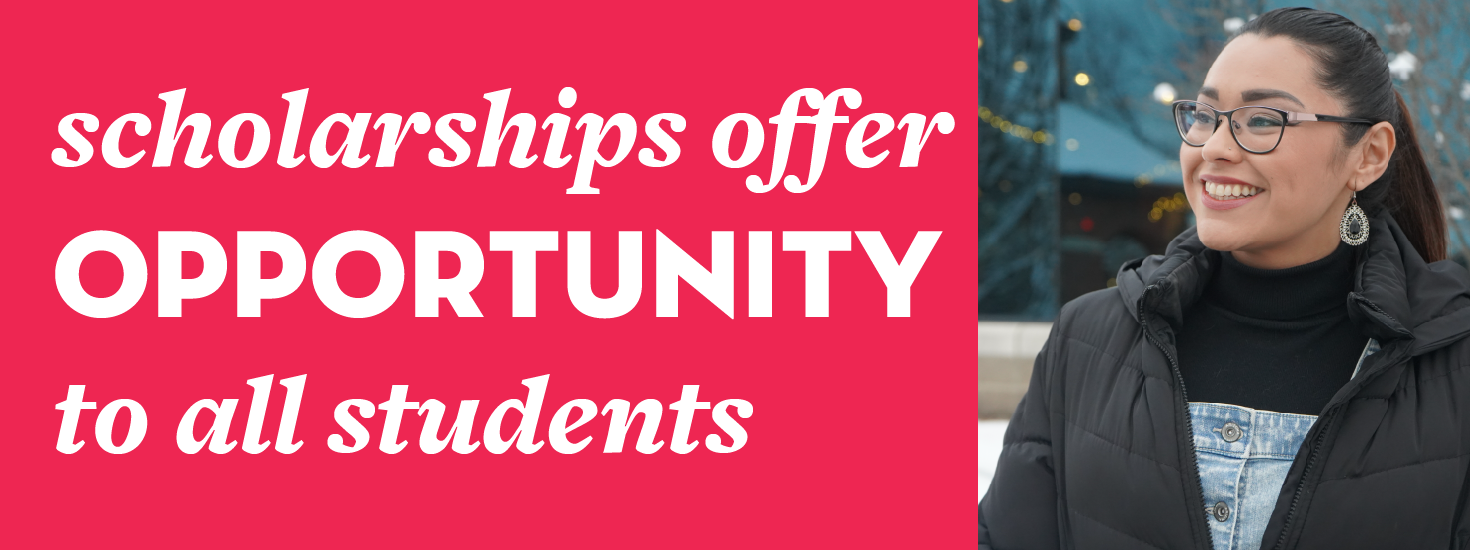In a community where every person can thrive, access to opportunities aren’t one-size-fits-all. Instead, people can pursue the paths that best fit their goals at the time that is right for them.
Grand Rapids Community Foundation offers scholarships for students who are returning to education or seeking an additional credential or graduate degree, not only those who have recently graduated from high school or are pursing four year degrees.
Each year, the Community Foundation offers more than 500 scholarships. In the 2019-2020 school year, more than half of Grand Rapids Community Foundation scholarships were awarded to people already in college. In a competitive economic landscape, an additional credential or degree can open doors to opportunities in fields from construction management to technology and beyond.
Vanessa Alvarez didn’t start college right away, but had a dream to earn a degree. She enrolled at Cornerstone University after raising her family and while working full time and was one of the first recipients of the Grand Rapids Chamber ATHENA Eileen DeVries Scholarship. The scholarship fund was established to support women over 30 years old who attend an undergraduate program in the Grand Rapids area.
This spring, Vanessa will graduate with her Bachelor’s degree in Organizational Leadership—but she’s not stopping there and has already started courses to earn her Master’s. “I felt like I was too old to go to school, and that I missed my opportunity,” Vanessa said. “The scholarship brought me hope and encouragement, and reassured me I’m not too old to go to school. My journey is not over.”
The Community Foundation also has awards specifically available to students pursuing the trades, or graduate level students. Regardless of your path, applying is easy. With one application, you’ll be considered for 70 scholarship funds!
Expect the application to take less than one hour, especially if you have already completed the Free Application for Federal Student Aid (FAFSA) and written a personal essay. Haven’t made it that far? The resources below might help – or reach out to our team with questions.
- Complete the FAFSA: apply for federal financial aid, free of cost! The national deadline is March 1. If you are not eligible to complete the FAFSA based on residency status, the Community Foundation will accept a self-reported financial statement with your scholarship application.
- FAFSA4caster: estimate your eligibility for federal financial aid. This tool will provide an estimated Expected Family Contribution, which is considered by the Community Foundation in determining financial need and awarding scholarships.
- College scorecard: undecided about what school you might attend? This government website lets you compare different career paths, college programs and their costs nationally.
- When you’re ready to write your scholarship essay, consider including why you chose the career path, your career history and goals and any activities or engagements that benefit your community. This blog includes more tips to make your scholarship essay stand out.

